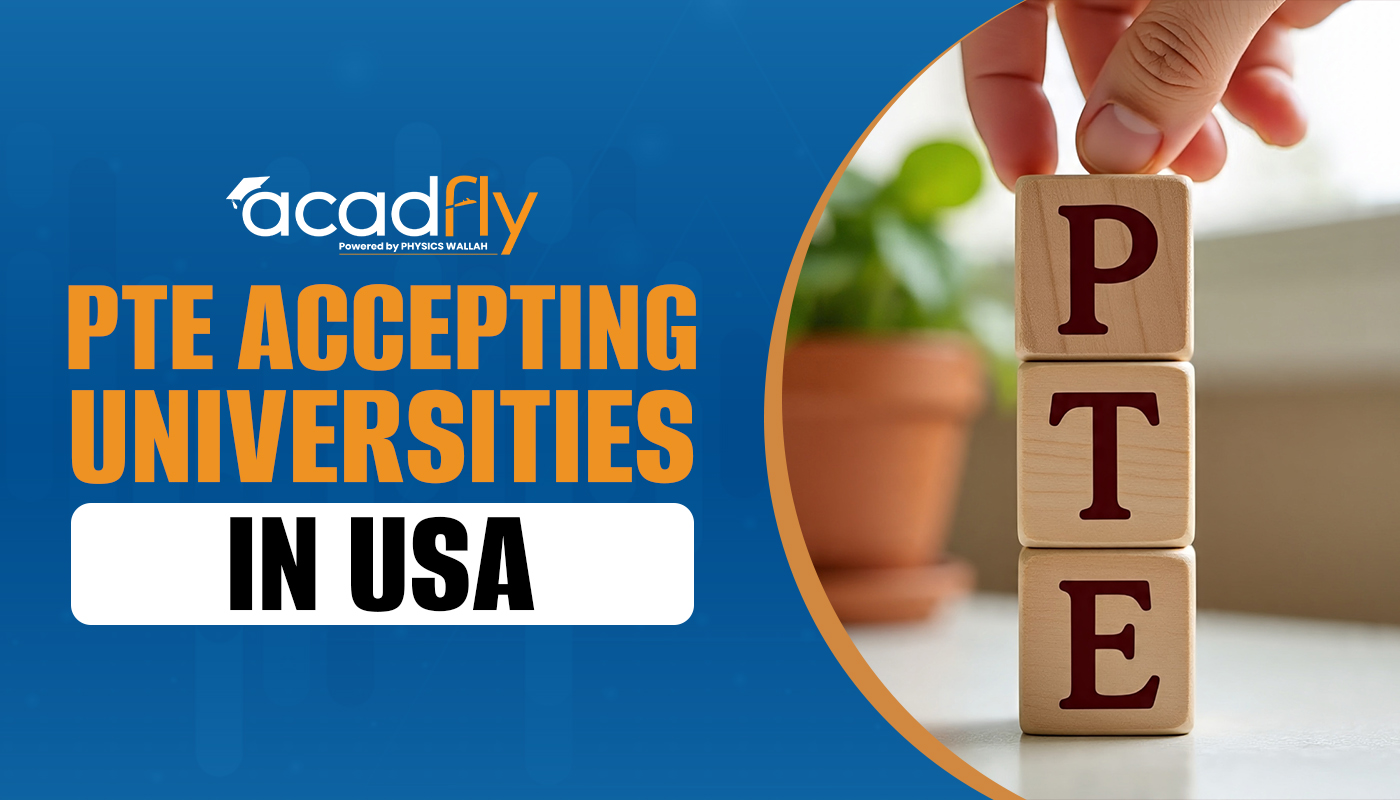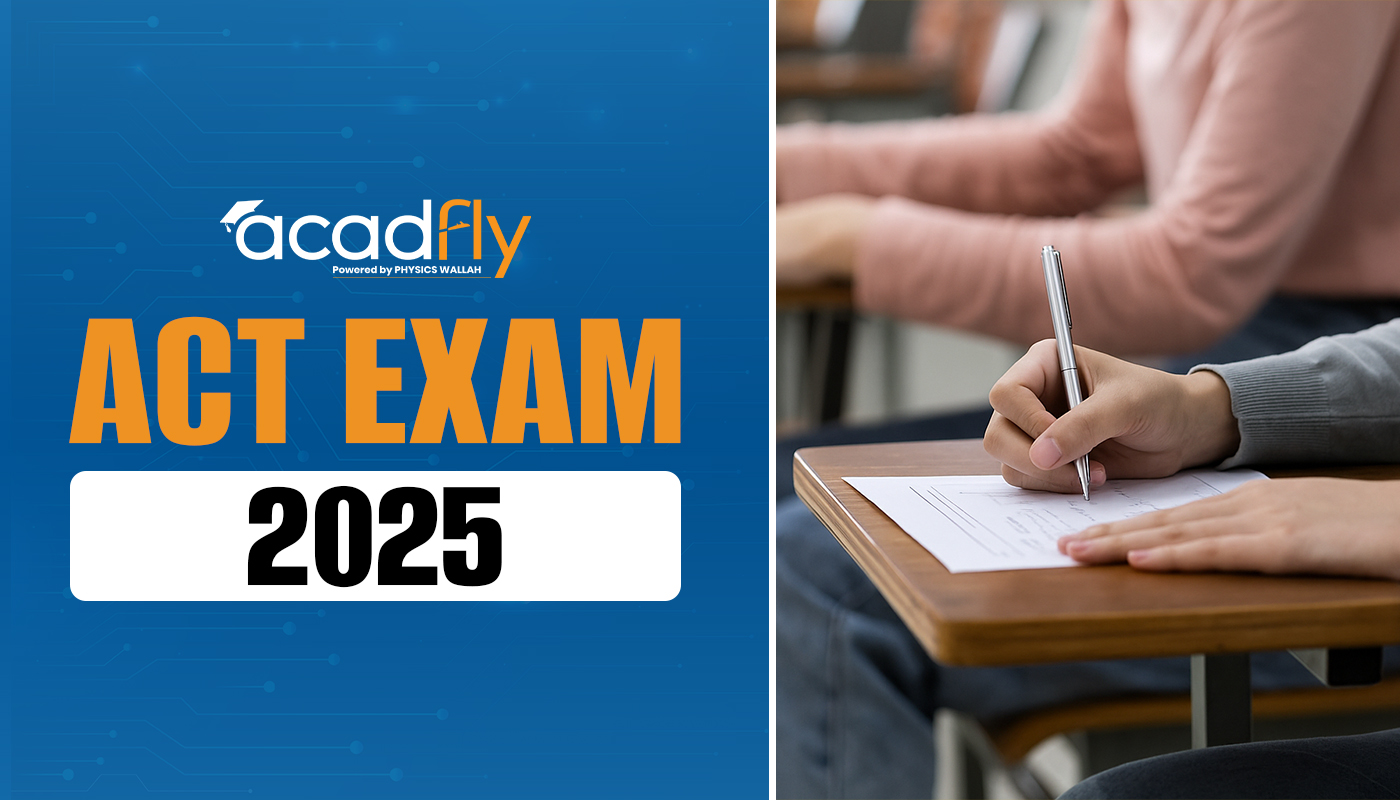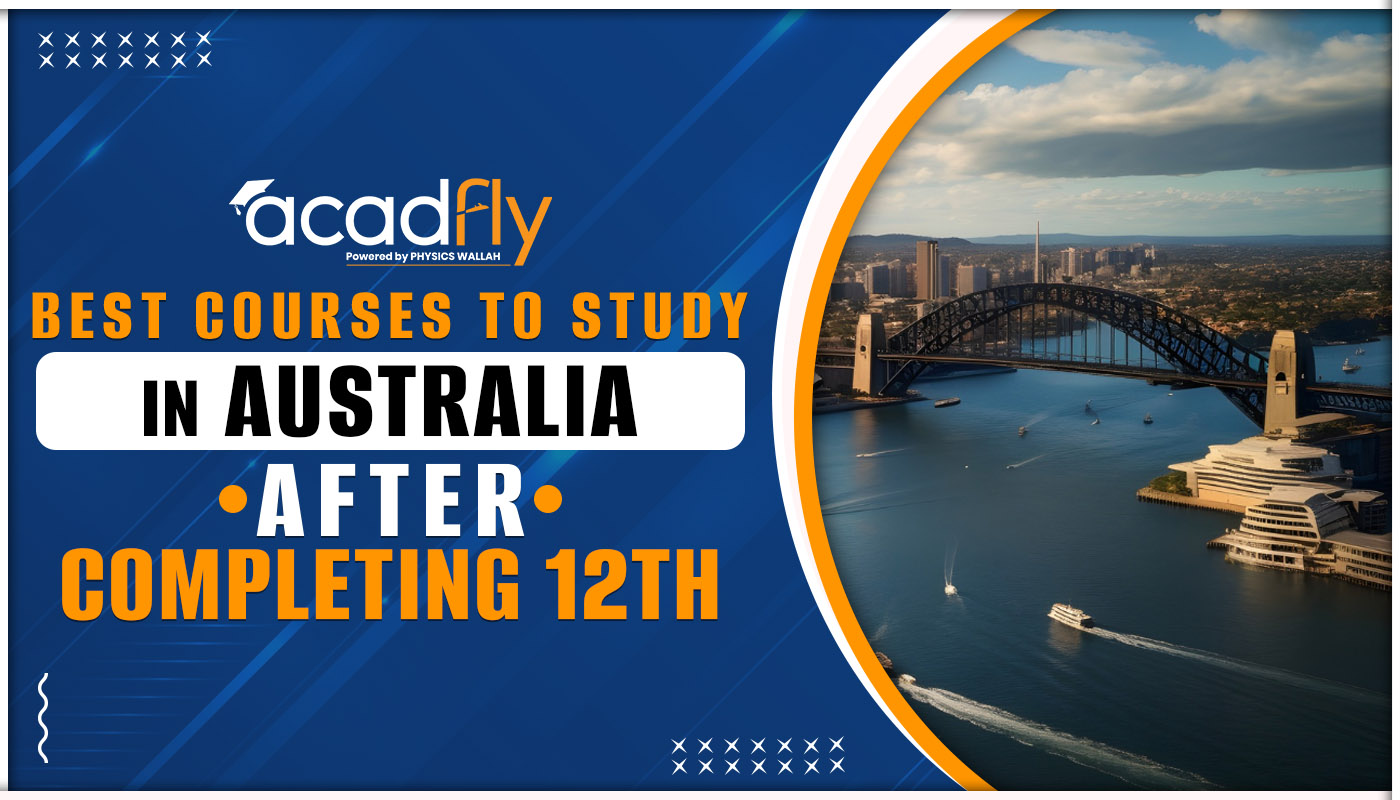
Pursuing an accounting degree in Ireland can be a transformative experience, blending rigorous academic training with practical applications in a vibrant economic environment. With its globally recognized accounting programs, Ireland has become an attractive destination for students aspiring to build a successful career in accounting. This article delves into the accounting degree requirements in Ireland, covering everything from eligibility criteria and language requirements to financial assistance options and program specifics.
Understanding the Landscape of Accounting Education in Ireland
Ireland's education system is renowned for its high standards and innovative teaching methods. The country offers a plethora of programs designed to equip students with the skills necessary for the accounting profession. Before diving into specific requirements, it's essential to understand the general landscape of accounting education in Ireland.
Types of Accounting Programs Available
In Ireland, students can pursue various accounting degrees, including undergraduate, postgraduate, and professional qualifications. The most common degrees include:
-
Bachelor's Degree in Accounting: Typically a three to four-year program that provides foundational knowledge in accounting principles, financial reporting, and business management.
-
Master’s Degree in Accounting: A one to two-year program designed for those who want to deepen their knowledge and specialize in areas like taxation, auditing, or forensic accounting.
-
Professional Qualifications: Programs offered by professional bodies like ACCA (Association of Chartered Certified Accountants), CPA (Certified Public Accountant), and CIMA (Chartered Institute of Management Accountants) that prepare students for certification and professional practice.
Admission Criteria for Accounting Ireland
To embark on your journey in accounting education, you must meet specific admission criteria. The requirements may vary depending on the institution and the level of study.
Undergraduate Degree Requirements
For a bachelor’s degree in accounting, applicants generally need to fulfill the following criteria:
-
Educational Qualifications: A secondary school education with a minimum grade in subjects like mathematics, English, and business studies is often required. Most institutions accept students with a Leaving Certificate or equivalent qualifications.
-
English Language Proficiency: International students must demonstrate their proficiency in English. Typically, this is achieved through standardized tests like the IELTS. The minimum IELTS score for accounting programs in Ireland is often around 6.0 to 6.5, depending on the institution.
-
Personal Statement: A personal statement detailing your interest in accounting, career aspirations, and reasons for choosing the specific program can strengthen your application.
Eligibility for Accounting Masters Ireland
For those aiming to pursue a master’s degree in accounting, the eligibility criteria become more specialized:
-
Bachelor's Degree: A relevant undergraduate degree, usually in accounting, finance, or a related field, is required. Some universities may also accept applicants with a background in business studies or economics.
-
Work Experience: While not always mandatory, relevant work experience can enhance your application. Many programs value practical experience in finance or accounting roles.
-
English Language Requirements: Similar to undergraduate programs, international students must provide proof of English proficiency, typically through IELTS. A minimum score of 6.5 to 7.0 is often required for master’s programs.
Additional Requirements
Some institutions may require applicants to submit references, undergo interviews, or provide additional documentation. Always check the specific admission criteria for each program to ensure you meet all requirements.
Language Proficiency: IELTS for Accounting Ireland
English is the primary language of instruction in Irish universities. Therefore, demonstrating proficiency in English is crucial for international students. The International English Language Testing System (IELTS) is widely accepted, and it assesses your listening, reading, writing, and speaking skills.
Preparing for the IELTS
Preparing for the IELTS requires a structured approach:
-
Understanding the Test Format: Familiarize yourself with the test components and scoring system. The IELTS consists of four sections: Listening, Reading, Writing, and Speaking.
-
Practice Regularly: Utilize practice tests and online resources to improve your skills. Many students benefit from enrolling in preparatory courses or workshops.
-
Seek Feedback: Engaging with native speakers or language tutors can provide valuable feedback and help you improve your communication skills.
Achieving the required IELTS score not only meets admission requirements but also prepares you for academic success in an English-speaking environment.
Top Accounting Programs in Ireland
Ireland is home to several universities and institutions renowned for their accounting programs. Below are some of the top accounting programs in the country:
University College Dublin (UCD)
UCD's Quinn School of Business offers a highly regarded Bachelor of Commerce (BComm) with a specialization in Accounting, as well as a Master of Accounting (MAcc). The programs are designed to prepare students for a successful career in accounting, combining theoretical knowledge with practical experience.
Trinity College Dublin (TCD)
Trinity's School of Business offers a Bachelor in Business Studies with Accounting and a Master in Accounting. These programs emphasize critical thinking and analytical skills, making graduates highly sought after in the job market.
Dublin City University (DCU)
DCU offers a BSc in Accounting and a Master of Science in Accounting. The university is known for its strong industry connections, providing students with opportunities for internships and placements.
National University of Ireland Galway (NUIG)
NUIG’s College of Business offers a Bachelor of Commerce in Accounting and a Master of Accounting. The programs focus on experiential learning and practical applications of accounting principles.
Cork Institute of Technology (CIT)
CIT offers a range of accounting programs, including a Bachelor of Business in Accounting and a Master of Business in Accounting. The emphasis is on developing technical skills and practical knowledge.
|
University/College |
Undergraduate Program |
Postgraduate Program |
|
University College Dublin |
BComm with Accounting |
Master of Accounting |
|
Trinity College Dublin |
Bachelor in Business Studies |
Master in Accounting |
|
Dublin City University |
BSc in Accounting |
MSc in Accounting |
|
National University of Ireland Galway |
Bachelor of Commerce with Accounting |
Master of Accounting |
|
Cork Institute of Technology |
Bachelor of Business in Accounting |
Master of Business in Accounting |
Accounting Scholarships Ireland
Pursuing higher education can be financially challenging. Fortunately, various scholarships are available for students studying accounting in Ireland. These scholarships can significantly reduce tuition costs and alleviate financial burdens.
Types of Scholarships Available
-
University-Specific Scholarships: Many universities offer merit-based scholarships for outstanding academic performance. These can cover partial or full tuition fees.
-
Government Scholarships: The Irish government and the European Union offer scholarships for international students as part of their commitment to attracting global talent.
-
Private and Non-Profit Scholarships: Organizations such as ACCA and CPA provide scholarships and financial aid to students pursuing accounting qualifications.
-
Bursaries: Some institutions offer bursaries based on financial need, which can be an excellent resource for students from low-income backgrounds.
Applying for Scholarships
When applying for scholarships, consider the following steps:
-
Research: Investigate the various scholarships available and determine which ones you qualify for.
-
Prepare Documentation: Gather required documents, such as transcripts, letters of recommendation, and personal statements.
-
Apply Early: Many scholarships have deadlines, so ensure you apply well in advance to avoid missing out on opportunities.
-
Stay Organized: Keep track of application requirements and deadlines for each scholarship to streamline the process.
Practical Considerations for Studying Accounting in Ireland
When planning to study accounting in Ireland, consider practical aspects that can enhance your overall experience.
Cost of Living and Tuition Fees
The cost of living in Ireland varies depending on the city. Major cities like Dublin tend to have higher living costs than smaller towns. Here’s a rough estimate of expenses:
-
Tuition Fees: Typically range from €9,000 to €25,000 per year, depending on the program and institution.
-
Accommodation: Rent can range from €400 to €1,500 per month, depending on the location and type of housing.
-
Living Expenses: Monthly expenses, including food, transportation, and leisure, can average around €800 to €1,200.
Work Opportunities for Students
International students in Ireland are allowed to work part-time during their studies, which can help offset living costs. Students can work up to 20 hours per week during term time and full-time during holidays. Exploring internships or part-time jobs in accounting firms can also provide valuable industry experience.
Cultural Integration
Ireland is known for its rich culture and friendly atmosphere. Engaging with local communities, participating in university events, and exploring the country can enrich your educational experience. Embracing the culture and making connections with fellow students and locals can create lasting memories and networks.
Career Prospects After Completing Your Accounting Degree
Graduating with an accounting degree opens up a plethora of career opportunities. The accounting profession is always in demand, and skilled accountants are sought after across various sectors.
Potential Career Paths
-
Public Accountant: Working in accounting firms, public accountants provide audit, tax, and consulting services to clients.
-
Management Accountants: These professionals focus on internal financial processes, budgeting, and strategic planning within organizations.
-
Forensic Accountant: Specializing in investigating financial discrepancies and fraud, forensic accountants often work with law enforcement agencies.
-
Tax Advisor: Guiding tax regulations and compliance, tax advisors help individuals and businesses optimize their tax obligations.
-
Financial Analyst: Analyzing financial data to assist businesses in making informed decisions, financial analysts play a crucial role in corporate strategy.
Job Market Outlook
The job market for accounting graduates in Ireland is robust, with numerous opportunities in both public and private sectors. Graduates often find employment with leading firms, multinational corporations, and government agencies.
Conclusion
Studying accounting in Ireland offers a unique blend of academic rigor, practical experience, and cultural enrichment. Understanding the accounting degree requirements in Ireland, including eligibility criteria, language proficiency, and financial aid options, is crucial for prospective students. By choosing from the top accounting programs in the country and taking advantage of available scholarships, students can pave the way for a successful career in accounting.
Frequently Asked Questions
1. What are the eligibility requirements for accounting master’s programs in Ireland?
2. What is the minimum IELTS score required for accounting programs in Ireland?
3. Are there scholarships available for international students studying accounting in Ireland?
4. What are the top accounting programs in Ireland?
5. What career opportunities are available after completing an accounting degree in Ireland?










